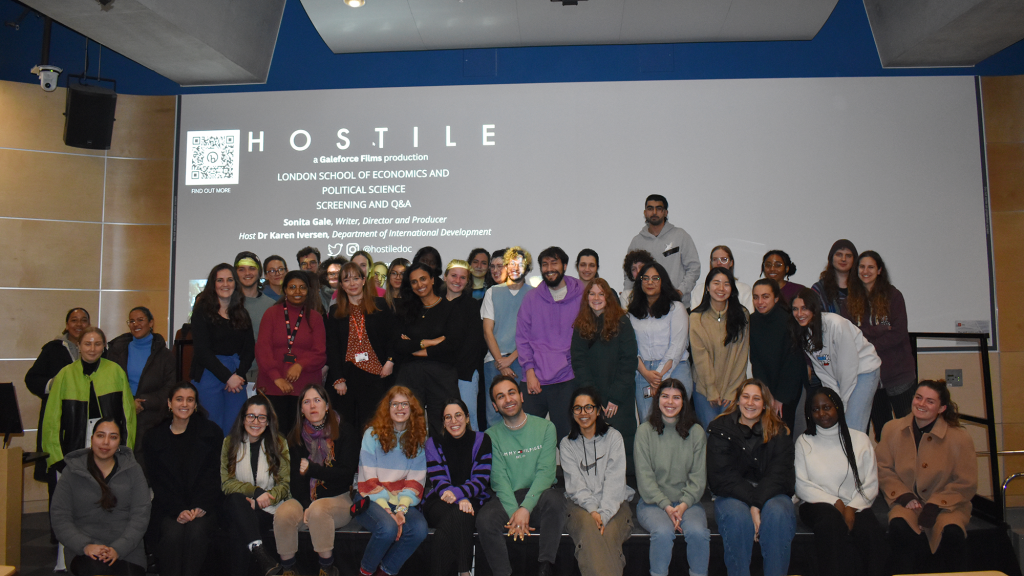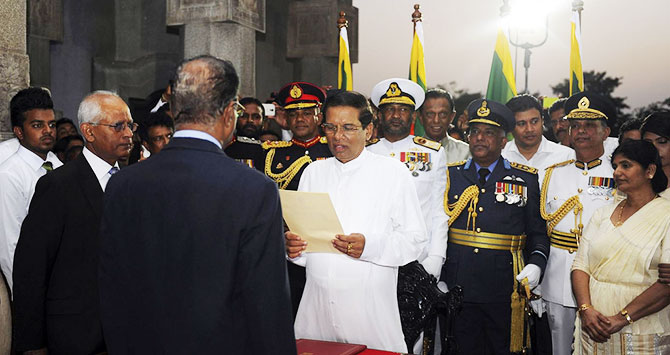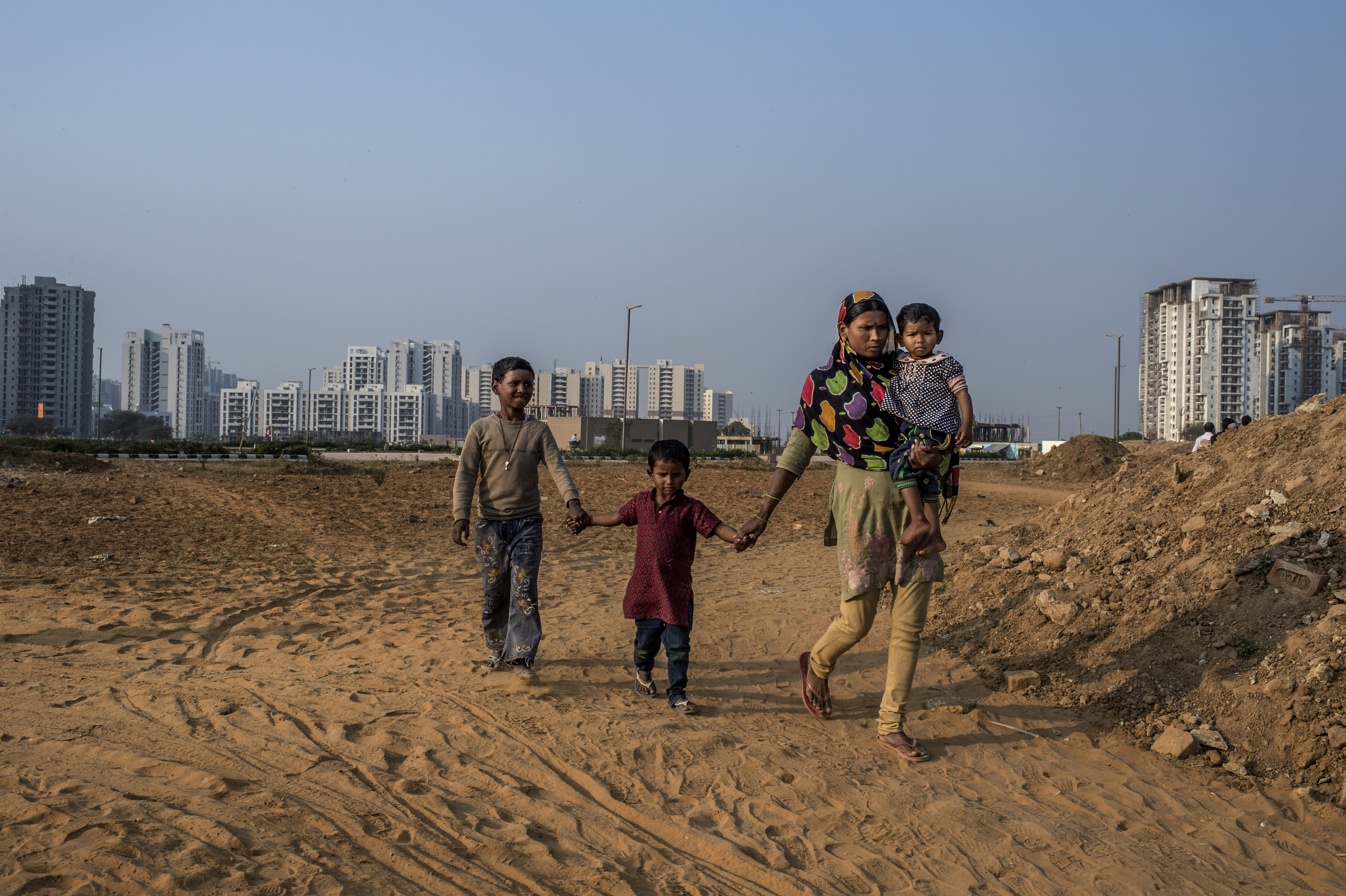Sonita Gale’s documentary film Hostile (2021) highlights the negative impacts of the UK’s ‘hostile environment’ policies on refugees and immigrants, many of whom are forced to live in precarious, financially deprived circumstances after arriving in the UK. Giorgia Bianchi and Kolahta Asres Ioab share their reflections on a screening of the documentary and Q&A with the director held at LSE last month.
On the 28 March 2023, Writer, Producer, and Director Sonita Gale screened her BAFTA 2022 longlisted feature-length documentary, Hostile, at the LSE. Hostile sheds light on the complex relationship the UK has with immigration, specifically focusing on the ‘hostile environment’ policies that pervade UK politics and their impact on its migrant communities.
The term ‘hostile’—initially coined by Theresa May in a Telegraph interview in 2012—aptly captures the unreceptive environment the UK government has created for its migrants and that, to this day, seeks to encourage migrants in the country to voluntarily leave the UK. Given the introduction of the highly controversial Rwanda Asylum Plan, in combination with the Manston Immigration Centre crisis that has been dominating the media, this documentary feels especially timely.
Indeed, by highlighting the stream of challenges that continue to be introduced by the UK government—including the 2021 Points Based Immigration System and the Nationality and Borders Act 2022—Hostile urges us to consider the very questions of what it means to be British, and how it feels to be told you do not belong. And, perhaps more significantly, it underscores the dark and shameful future laid out for Britain should these policies not be reformed.
As a student of International Migration and Public Policy at the LSE, I have frequently come across the often hidden (read: often purposefully concealed) costs of such harsh immigration regulations, including how they may curtail even the most basic of human rights. However, the media tends to focus on the harrowing narratives of refugees, causing us to forget the impact such policies have on migrants who have already entered the UK and who have been living there for many years, either to study or to work, and who have built a life and home for themselves and their families.
Take international students, for instance: during the academic year 2021-22, 679,970 international students moved to the UK to pursue their university studies. While there exists a perception that international students are wealthy (after all, how could they afford such high costs otherwise?), this is a significant misconstruction. As evidenced by the documentary, the ‘No Recourse to Public Funds’ (NRPF) policy that prevents individuals who are subject to immigration control from accessing public funds (namely, benefits and housing assistance) effectively forces many families who send their children to study abroad to borrow money at high-interest rates or re-mortgage their homes to pay inflated tuition fees that are sometimes two or three times higher than ‘home status’ fees. We can understand, then, the unimaginable difficulties these students and their families would face should their studies be interrupted. In moments like these, it becomes increasingly clear that Suella Braverman’s promise never again to adopt a visa scheme based “solely on the basis of the applicant’s wealth” following the ‘golden visas’ fiasco that came to light in early 2023 never had much standing.
So, how is it that international migrants are expected to carry on “giving, giving [and] giving”, as one of the documentary’s interviewees phrases it, in terms of hard-earned money and energy to the UK and its communities while receiving nothing in return? While there is no quick or obvious solution to these issues, it is vital for everyone to raise awareness on the matter in the hopes of changing this ‘hostile’ immigration environment to one that is inclusive and aware of the countless benefits immigrants have brought, and continue to bring, to the UK.
— Giorgia Bianchi

Watching the film Hostile directed by Sonita Gale, in an event organised by LSE Department of International Development, left me with a deep sense of unease as I witnessed the stark reality of how immigration policies impact the lives of migrants in the UK. The film skilfully portrays the struggles of individuals who navigate a hostile environment, where they are constantly faced with the fear of being detained, deported, or separated from their families. The term “Hostile environment” describes various policies introduced in 2012 “to create, here in Britain, a really hostile environment for illegal immigrants” as stated by the former Prime Minister Theresa May. Those policies restrict them from being employed, renting a house or even accessing medical care, leading to various challenges like poverty and mental illnesses. One of the comments in the film that stuck with me was, ‘What makes you illegal is the legal infrastructure and not your actions,’ which highlights how the legal system itself can be a source of hostility for migrants. As I watched the film, I couldn’t help but reflect on the complex and often painful experiences of those who are forced to navigate a system that is inherently stacked against them.
The concept of fairness is at the heart of the UK government’s hostile environment policy, as former Prime Minister Theresa May has emphasised in a BBC report. However, the application of this policy raises serious questions about what constitutes fairness, particularly in the context of immigration and race. The treatment of the Windrush generation, who were denied their rights and in some cases faced deportation despite having lived in the UK for their entire lives, underscores the unfairness of a policy that prioritises immigration control over the rights of individuals. Moreover, the policy has been shown to disproportionately affect people of colour, with an equality impact assessment revealing that individuals from India, Pakistan, Nigeria, and Bangladesh are among the most impacted. These issues of discrimination and inequality highlight the ways in which the hostile environment policy fails to align with the principles of fairness and justice, and the need for a more compassionate and equitable approach to immigration policy.
Furthermore, the film Hostile highlights the experiences of migrants in the UK who are impacted by the hostile environment policy, which creates a situation where vulnerable individuals are denied their basic human rights and are unable to access the protection and support they need to rebuild their lives. This is particularly relevant in the context of the Geneva Convention on the Status of Refugees (also known as the 1951 Refugee Convention), which establishes the rights of refugees and asylum seekers, and aims to protect them from persecution and harm. The Convention recognises the importance of providing assistance to those who are forced to flee their homes due to conflict and emphasises the need for international cooperation in addressing the global refugee crisis. By examining the impact of the hostile environment policy on vulnerable migrants, do those immigration policies in the UK undermine the principles of the Geneva Convention? Do they uphold the human rights of all individuals regardless of their legal status? What is the hostile environment actually trying to achieve?
In conclusion, Hostile provides a powerful illustration of what the hostile environment policies have resulted in. The film also invites us to question the effectiveness of those policies and to engage in a critical dialogue and urgent action towards a more just, compassionate and humane society.
— Kolahta Asres Ioab
The views expressed in this post are those of the authors and do not reflect those of the International Development LSE blog or the London School of Economics and Political Science. If you would like to get involved with the Hostile student think tank, you can email info@galeforcefilms.co.uk. Image credits: LSE Department of International Development and Galeforce Films.






This well-written and informative report on the eye-opening documentary, Hostile, has captivated me into informing both family and friends who are unaware of this systemic issue that has unfairly divided hard-working immigrants, who have put both blood and tears into helping the UK and those who have simply dumped a significant amount of money for, perhaps money laundering purposes, and fast-tracked visa applications- that were thankfully scrapped earlier this year, which was astutely pointed out in one of the reports! It is also appreciated how mental health has a major role in the documentary that is expressed through the individuals that are interviewed, who are both in vulnerable positions and those who are willing to help those in need! There is a great and roaring call for the current government to revise its current immigration policy- thanks to this documentary and the persons who were involved with this blog!